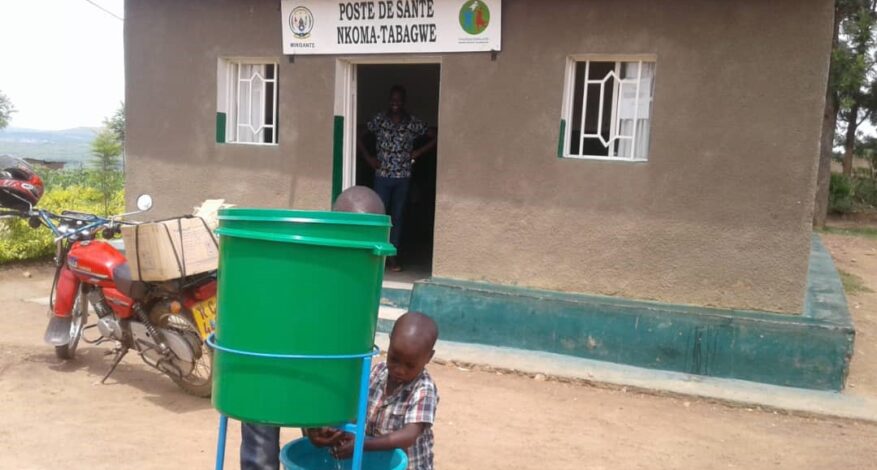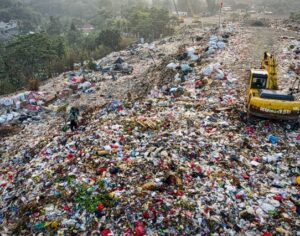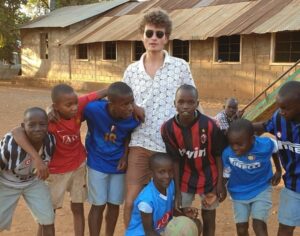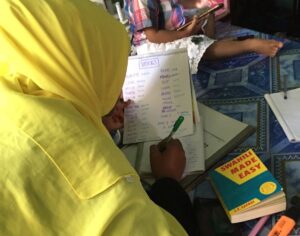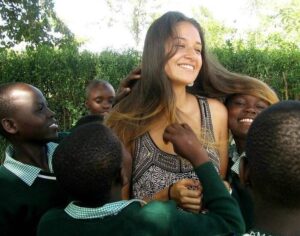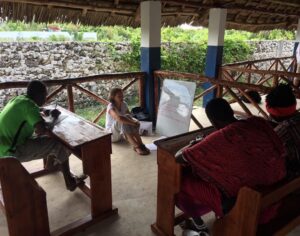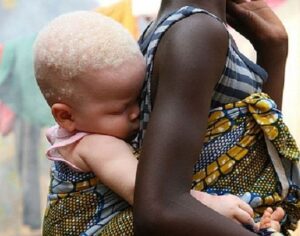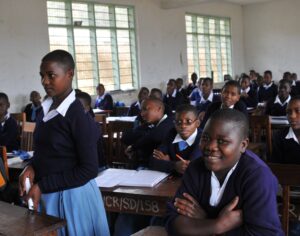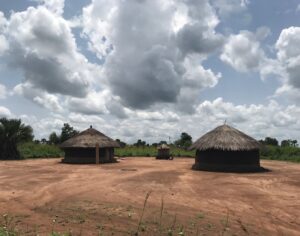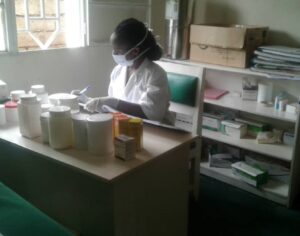ONE FAMILY HEALTH
In 2012, after 30 years of work in the pharmaceutical industry in the developing world, Dr Faber founded an organization named One Family Health.
This ambitious project was born out of the realisation that the problem of a lack of quality entry-level healthcare facilities in the rural areas of the developing world was the major issue limiting access. The solution was to bring these entry-level primary healthcare facilities to the people living in the rural areas of the developing world.
A PROJECT FOR RWANDA
Rwanda was selected as the country to develop the model to proof of concept. To date, OFH has opened 125 entry-level primary healthcare clinics in the rural areas of Rwanda. They plan to open a total of 500 clinics in Rwanda. The mission of OFH is to succeed in opening at least 10.000 clinics in 20 different developing countries, provide primary healthcare to 60 million people every year.
One Family Health has a Public-Private Partnership with the Rwanda government via the Ministry of Health working very closely with the RSSB (Rwanda Social Security Board) managed by the Ministry of Finance. The model used by OFH is business format franchising, which is built around Quality Management Standards. Having these standards (QMS) allows for rapid expansion. Once you expand you get economies of scale, that allows having more leverage in term of price negotiations for equipment and drugs. In addition to giving primary care to people, One Family Health also creates new tax-paying jobs. To date, more than 330 new jobs have been created in the rural areas of Rwanda, consisting of nurses and support staff such as receptionists and cleaners. All the nurses running their individual clinics are qualified and have 5 to 8 years of clinical experience.
These clinics are extremely important in countries like Rwanda because the hospitals are only in the main cities, so when somebody needs cures in a rural area, there are a lot of difficulties to reach it. Here, as in the major part of developing countries, the most common health problems are linked to malaria, diarrhoea, venereal disease, intestinal parasites, Aids/HIV, and other kinds of infections. Also, cuts and bruises are treated in the clinics, but people with major accidents are referred to comprehensive government clinics.
In a world divided between rich and poor countries, a way to bring equality is by helping people who do not have access to primary services and the professionals in the OFH team are doing their best to help as many people as possible, giving to Rwanda’s people who live in rural areas the chance to be cured even if they are dozens of kilometres away from a hospital.
CORONAVIRUS DISEASE 19 PANDEMIC 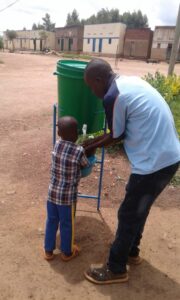
In the current situation, with the Coronavirus Disease 19 Pandemic that hit the world causing a sanitary- economic crisis, Africa‘s death and infection rates keep being lower while rates of USA, Brazil, Europe, and India are very high. This is due to the Ebola epidemic that hit Africa in the last few years which has taught the Ministries of Health how to manage local pandemics of communicable diseases via monitoring people leaving and coming into a country via airports or roads. This has resulted in a constant and admirable checking and following up on individuals going in and out of the countries. Also, of interest in the low Covid-19 cases rates is the free use of hydroxychloroquine (an antimalarial medicine) as a treatment for suspected COVID-19 cases. But unfortunately, there remains the problem of the lack of medical facilities in many African countries.
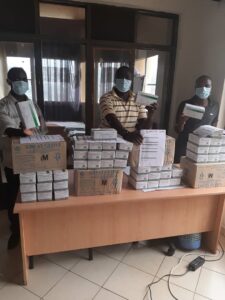
As an answer to the Covid-19 pandemic, One Family Health had a crowdfunding drive and succeed to buy more than enough Personal Protective Equipment for all their staff. Their nurses improvised water tanks for patients visiting the clinics to wash their hands and also held an informative campaign in the communities to promote social distancing and precautionary hygiene measures. We all know the importance of information dissemination as a preventive measure, so the informational work that the staff of OFH clinics has done is fundamental in combating Covid-19.
The Rwanda government is managing the pandemic successfully, but it remains a complex issue as is for the rest of the developing world.
It is thanks to the healthcare professional who is prepared to dedicate their careers to a social enterprise like OFH, where funding is relied on to pay their salaries and operational cost of the social enterprise via grants from Development Ministries of OECD countries, large corporations, Family Foundations and the general public via crowdfunding. In less than 10 years more than 1 million people a year, living in Rural Rwanda, have the experience of receiving quality primary healthcare from an OFH clinic.

